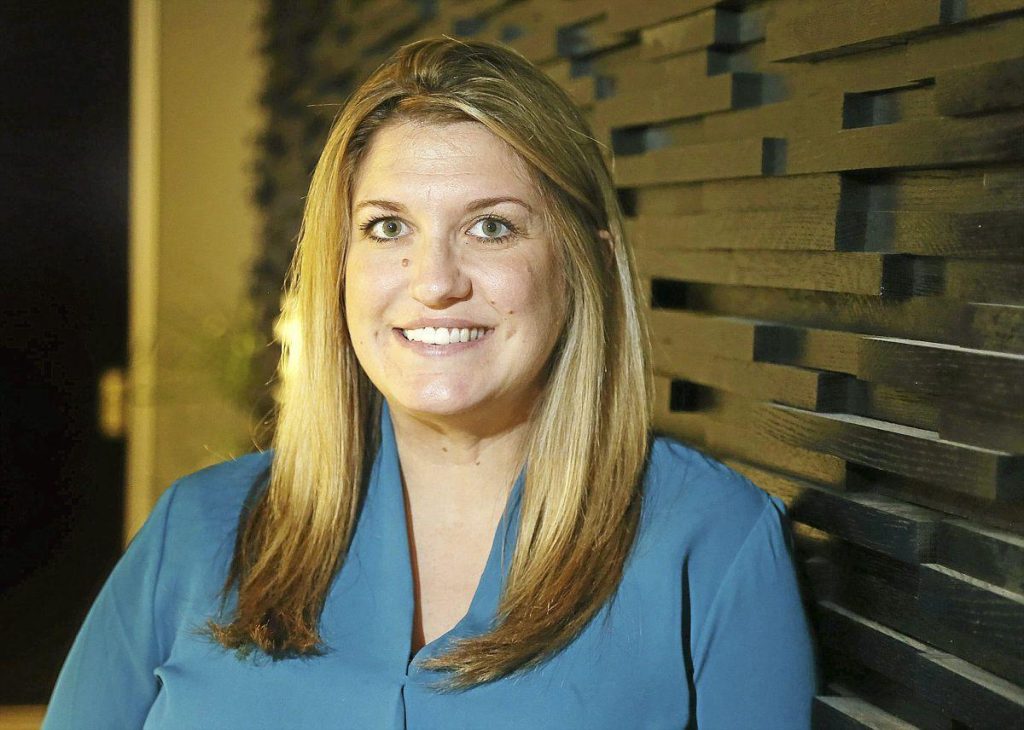Compassion and Eating Disorders this Holiday Season
This blog post goes out to all of those in the thick of suffering with an eating disorder this holiday season. The Internet is not short on articles for sufferers about how to cope with or help loved ones who have an eating disorder cope with food and relationships during the holiday season. There is an abundance […]
Gratitude: What I Have Learned From My Patients

Individuals with eating disorders and their families often struggle during the holiday season. Fear of food, fat, self-condemnation, relational stress, anxiety and depression often are themes in households. Families brace themselves to deal with the awful and debilitating behaviors of their loved one as they try to maintain their compassion, empathy and non-reactive voice in their communications. On this Thanksgiving and through […]
Why Do Women Trash Other Women’s Bodies?
Why do women trash other women’s bodies? Body image and body issues continue to be ripe for conversations of all sorts. Finding fault with someone else, particularly criticizing their body size and shape, is sometimes a national pastime; the media i.e. reality TV feeds the frenzy. Sometimes, there is a genuine concern for a loved one, […]
Eating as an Eating Disorder Therapist

Noticing how others can watch what you eat as an eating disorder therapist has its downsides when it is known what you do for a living. What someone does for a living is a common topic of conversation when meeting people for the first time. Usually, in social situations, I casually avoid talking about what I do […]
Duplicity, Lies, Manipulation, and Eating Disorders
Key points To cover shame, patients with bulimia often lie and deceive others to protect their vulnerability and their secrets. An eating disorder can also be just one in a series of personality issues. These individuals may be comfortable with being deceitful. When deceitful patients enter treatment, they sometimes terminate quickly or prematurely, making recovery […]
Sexual Satisfaction and Eating Disorders
Women with eating disorders often report a lack of sexual interest during the course of their eating disorder. Several solid studies, including one, which assessed 242 women, found that issues with physical intimacy, libido, sexual anxiety, and difficulty in romantic relationships are present among this population. The results found that: Intercourse (55.3%), having a partner (52.7%), decreased sexual desire (66.9%), and […]
Growing Old, Hollywood, Culture and Loss

Is the correct phrasing that as we age, beauty fades or ripens? Depends who you ask. Hollywood aficionados have been telling us for a long time that there are fewer and fewer leading roles for women over 40. This rule did not seem to apply to men, until fairly recently. I Googled, “current Hollywood leading […]
Culture Dictates the Standard of Beauty
Human beings are sexual, aggressive, and social creatures. Sexual attraction is determined by many factors—organic (i.e. chemistry), relational (mature replacements for mom and/or dad) and environmental (social and cultural). Pop culture tends to drive what is, well, popular. Social mores change to reflect the culture; culture is king and to a certain extent, queen. To think that how […]
Getting Well Ain’t Easy
This blog first appeared as an article in “Addiction Professional Magazine” (2012) (Judy Scheel) Eating disorders are often difficult to treat, due in part to many patients being ambivalent about recovery. In a recent article in the International Journal of Eating Disorders (1) practitioners are cautious about being too optimistic or invested in patients’ motivation. Whether a patient […]
Is the False Self really the True Self in Eating Disorders?
D.W. Winnicott’s concept of ‘false self,’ is ubiquitous in the fields of psychology and psychoanalysis. The term has come to have particular meaning in the understanding and treatment of eating disorders. In brief, Winnicott, a British mid 20th century psychoanalyst, influenced the course of Object Relations Theory. He was student of Melanie Klein, but rejected Klein’s […]
